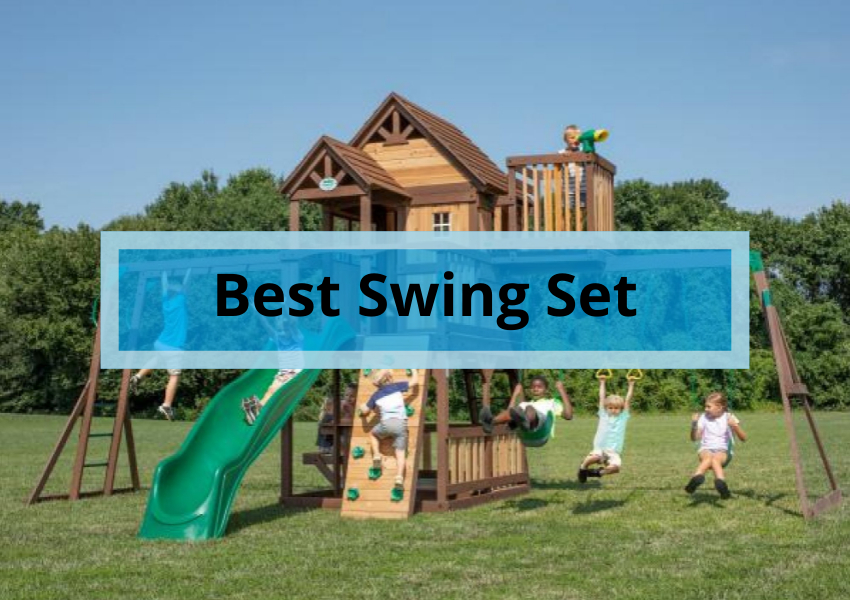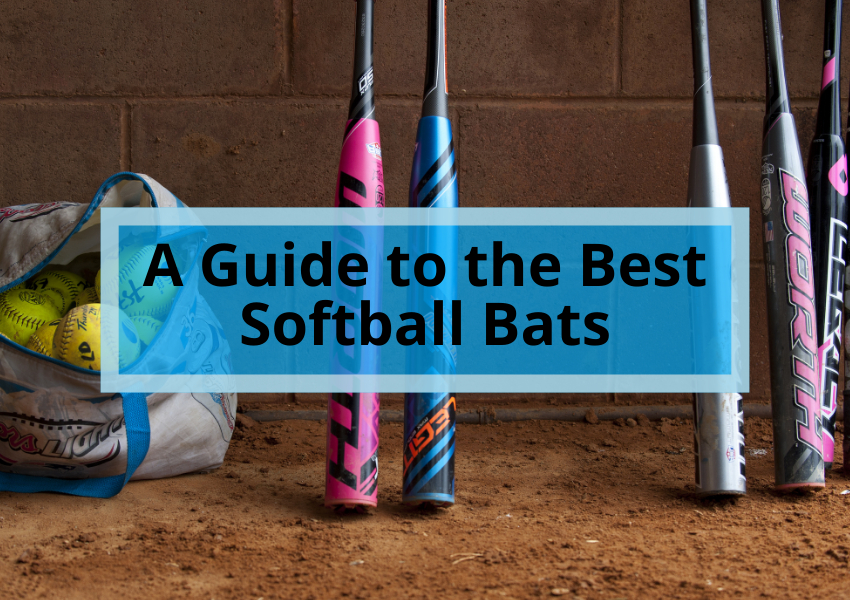Mini laptops, those compact powerhouses of portability, have created a niche for themselves in today’s tech landscape. Whether you’re a student busy studying and traveling, a business traveler looking to work on the go, or just a minimalist who values performance, this pint-sized device delivers power and performance a simple blend of wonder for yet so many options competing for your attention, choosing the perfect mini-laptop It’s like walking on a maze. Worry not, brave explorer, because this comprehensive guide is your map of mini-laptop skills
Before We Set Sail:
Before we delve into specific models, let’s chart your course by considering your key needs and priorities. Ask yourself:
- What’s your budget? Mini laptops range from budget-friendly Chromebook gems to premium, pocket-rockets from Apple and Dell.
- What will you use it for? Basic web browsing, document editing, or creative pursuits like photo editing will dictate processing power and storage requirements.
- Do you prioritize portability? Consider weight, size, and battery life if you’ll be using your mini laptop on the move.
- Do you need specific features? Touchscreen, long battery life, convertible design – prioritize features that enhance your workflow.
Charting the Mini-Landscape:
Now, equipped with your roadmap, let’s explore the diverse terrain of mini laptops:
The Budget Buccaneers:
HP Stream 11:
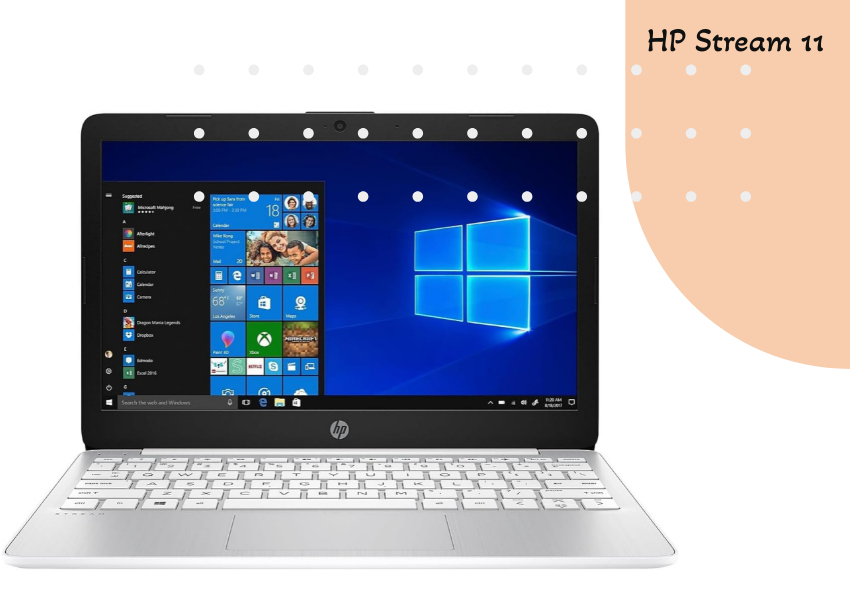
This Chromebook packs a surprising punch for its price, offering decent performance for everyday tasks and impressive battery life.
ASUS E210:
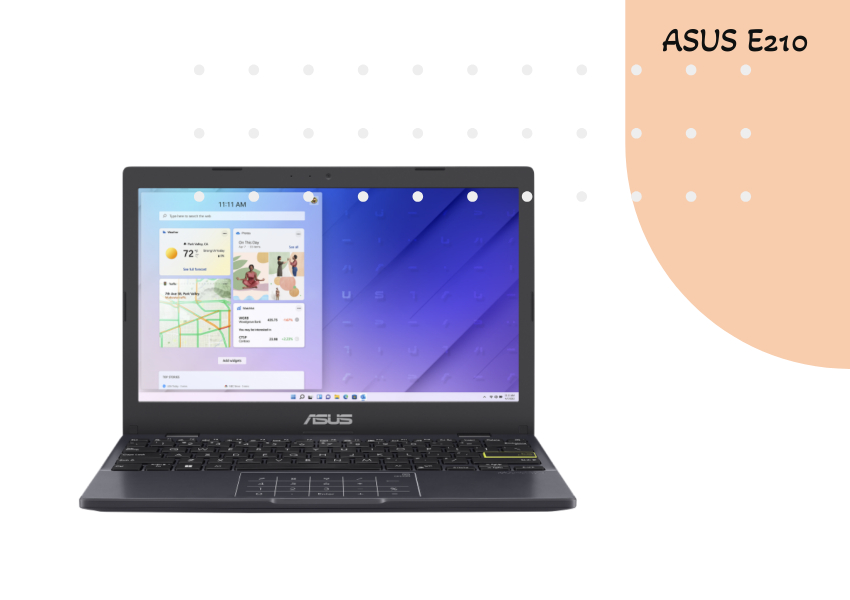
Another Chromebook contender, the E210 boasts a sturdy build quality, lightweight design, and a spill-resistant keyboard – perfect for students and budget-conscious travelers.
The Productivity Powerhouses:
Microsoft Surface Laptop Go 3:
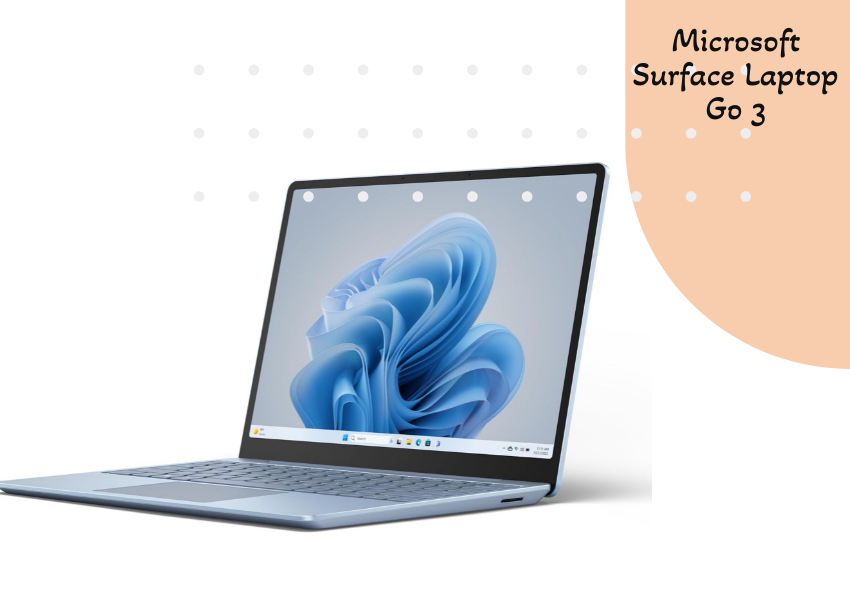
This Windows 11 machine strikes a sweet balance between affordability and performance, with a comfortable keyboard, vibrant touchscreen (optional), and decent battery life.
Lenovo ThinkPad X1 Nano:
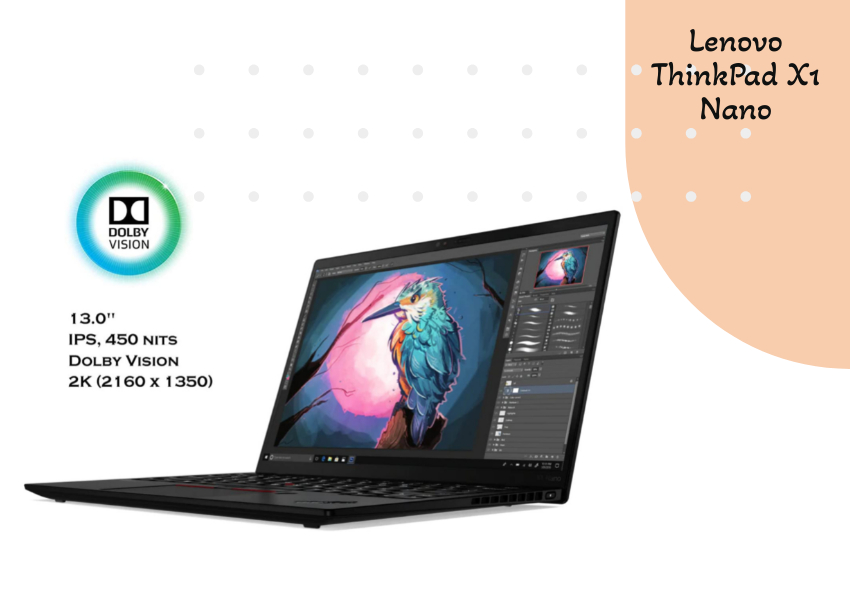
For those who demand the best, the X1 Nano is a featherweight champion, offering top-tier performance, a luxurious keyboard, and a stunning OLED display – at a premium price, of course.
The 2-in-1 Transformers:
Lenovo Chromebook Duet 3:
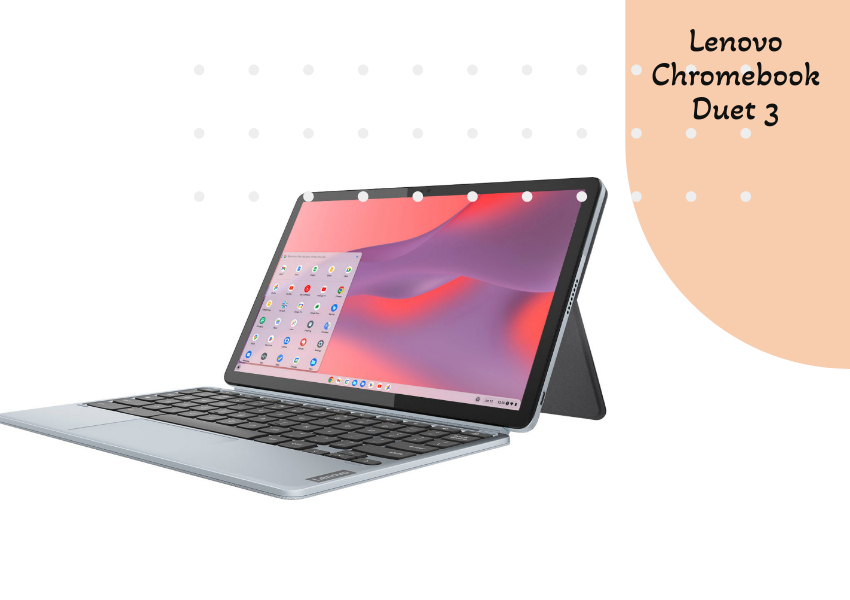
This detachable Chromebook tablet is a versatile chameleon, morphing from laptop to tablet seamlessly, making it ideal for note-taking, e-reading, and casual browsing.
Acer Chromebook Spin 513:
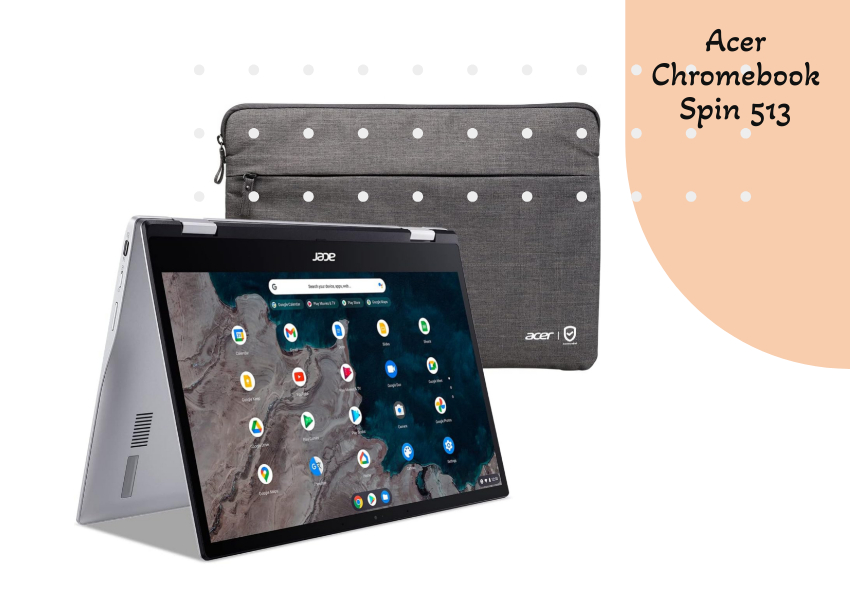
This convertible Chromebook offers a larger 13.3-inch display, making it a compelling choice for those who prioritize screen real estate, while still retaining the flexibility of a 2-in-1 design.
The Chromebook Champions:
Samsung Galaxy Chromebook Go 2:
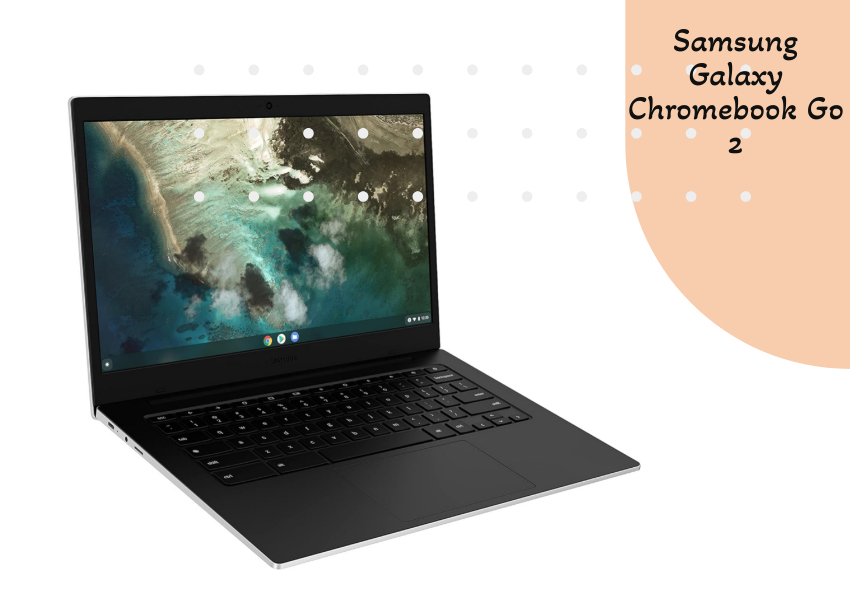
This stylish Chromebook boasts a vibrant AMOLED display, long battery life, and built-in USI pen support, making it a great choice for artists and students.
ASUS Chromebook Flip CX5:
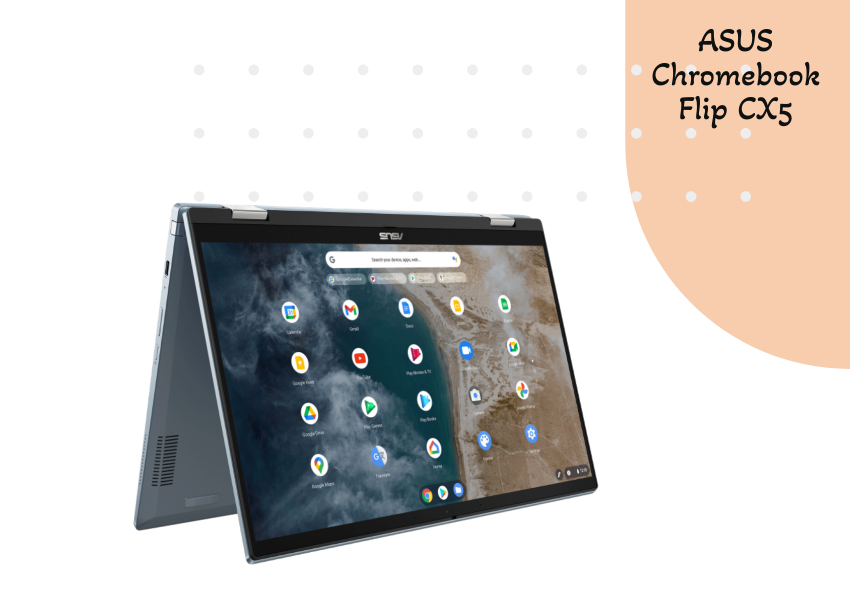
This premium Chromebook convertible offers a powerful Intel Core i5 processor, a stunning OLED display, and a versatile design, making it a compelling alternative to Windows laptops for demanding users.
Beyond the Big Brands:
Remember that the world of small laptops extends beyond the usual suspects. Boutique brands like GPD and OneMix offer unique form factors and powerful specs, while rugged laptops from Dell and Getac cater to specific needs. Explore your options and don’t be afraid to venture off the beaten path!
Navigating the Final Frontier:
Choosing the perfect small laptop is a personal odyssey. Consider your needs, weigh your options, and prioritize in line with your business. Remember, the best mini-laptop isn’t the most expensive or powerful; it seamlessly integrates into your life and empowers you to do what you do best, all within the beautifully compact confines of a small miracle.
FAQs:
What is a mini laptop?
A mini laptop is a portable computer typically with a screen size between 7 and 11 inches, making it smaller and lighter than a traditional laptop.
Who are mini laptops good for?
Mini laptops are ideal for travelers, students, writers, business professionals who need a secondary device, or anyone who values portability and lightweight.
What are the limitations of mini laptops?
Due to their compact size, mini laptops typically have less powerful processors, smaller storage capacities, and limited ports compared to traditional laptops. They may also have smaller keyboards and trackpads.
Can I run demanding software on a mini laptop?
It depends on the specific software and the mini laptop’s specifications. Most mini laptops are better suited for basic tasks like web browsing, email, document editing, and media streaming. Some higher-end models can handle more demanding tasks like light gaming and photo editing, but they might sacrifice battery life or portability.
How much RAM do I need?
4GB of RAM is a minimum for basic tasks, 8GB is ideal for multitasking, and 16GB is good for demanding applications.
How long does a mini laptop battery last?
Battery life varies depending on usage, screen brightness, and hardware. Expect 5-8 hours for most models, with some reaching up to 10-12 hours.
Can I charge a mini laptop with a power bank?
Yes, many mini laptops can be charged with a power bank, especially those with USB-C ports.
How small and light are mini laptops?
Screen size is the biggest factor. 7-8-inch models are incredibly compact and lightweight, perfect for travel, while 10-11-inch models offer more screen real estate but slightly less portability.
Do mini laptops have good keyboards and trackpads?
Keyboards can be cramped on smaller models, so consider trying one in person before buying. Trackpads vary in size and quality, with larger models offering a more comfortable experience.
What operating systems do mini laptops run?
Most mini laptops run Windows 11, Chrome OS, or Linux. Windows offers the most compatibility, Chrome OS is cloud-based and lightweight, and Linux is suitable for tech-savvy users.
Do mini laptops have enough storage?
Storage space can be limited, especially on budget models. Opt for at least 128GB SSD for smoother performance, and consider cloud storage or external drives for larger files.
What ports do mini laptops have?
Mini laptops often have fewer ports than traditional laptops, making adapters or hubs necessary for connecting peripherals. Look for essential ports like USB-C, HDMI, and microSD card reader.


